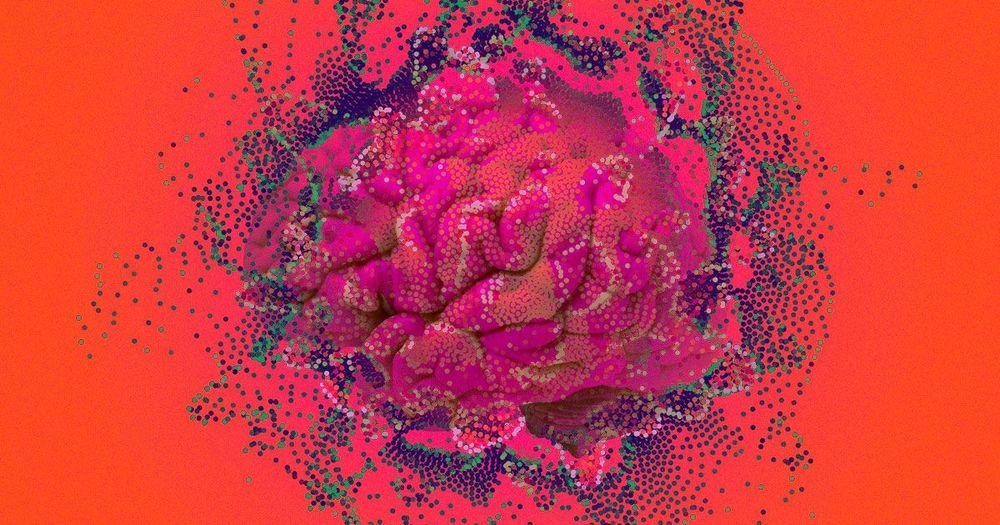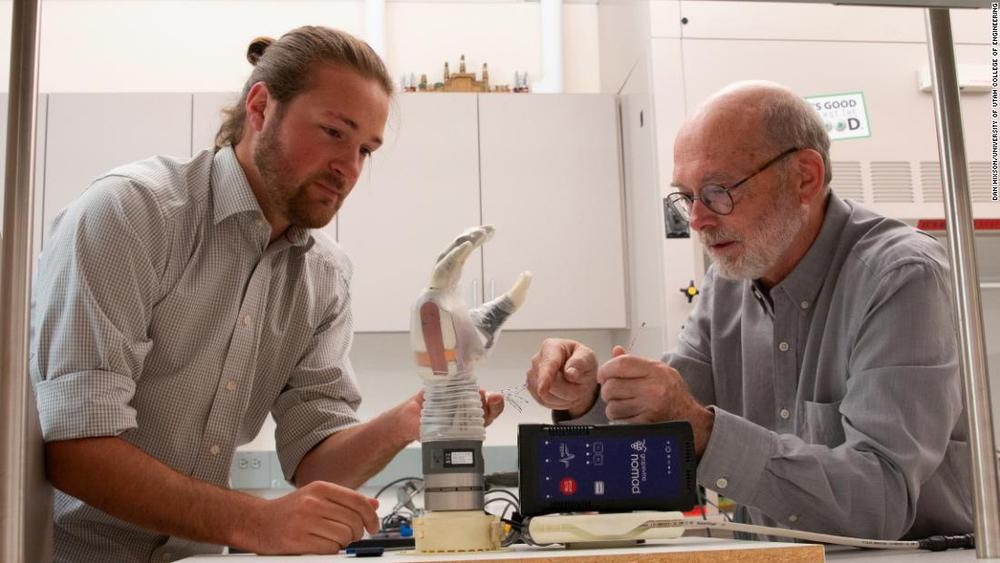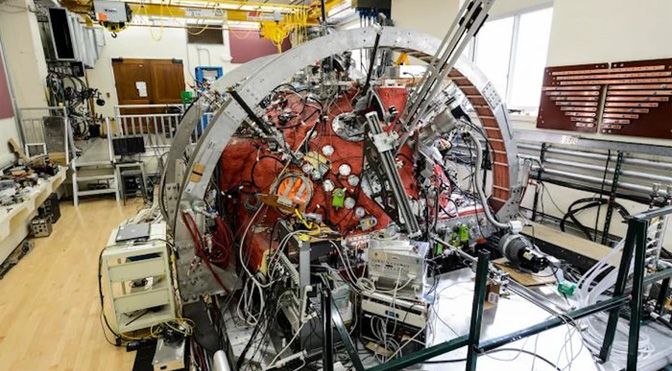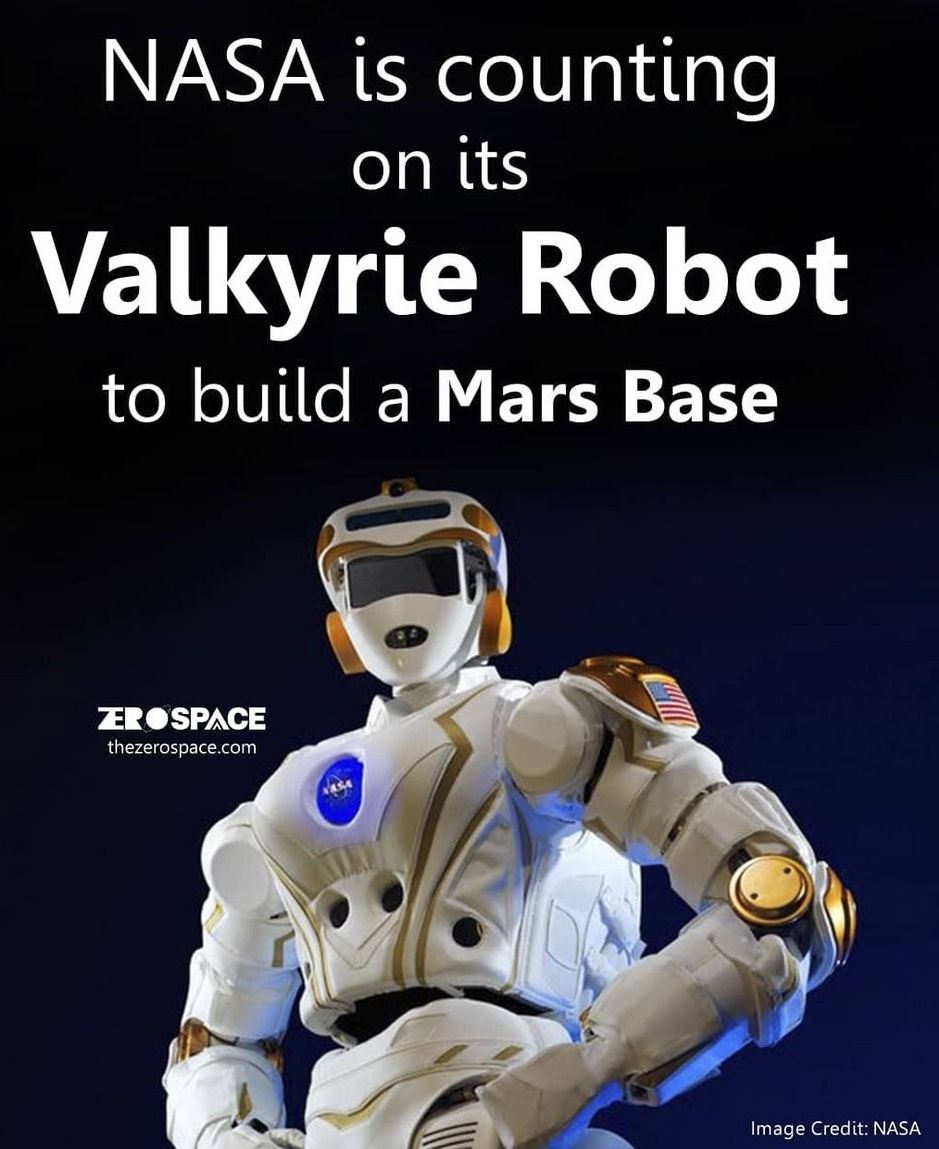It might not look like much, but this wobbly self-driving bicycle is a symbol of growing Chinese expertise in advanced chip design.
Look, no hands: The bike not only balances itself but steers itself around obstacles and even responds to simple voice commands. But it’s the brains behind the bike that matter. It uses a new kind of computer chip, called Tianjic, that was developed by Luping Shi and colleagues at Tsinghua University, a top academic institution in Beijing.
Two in one: The Tianjic chip features a hybrid design that seeks to bring together two different architectural approaches to computing: a conventional, von Neumann design and a neurologically inspired one. The two architectures are used in cooperation to run artificial neural networks for obstacle detection, motor and balance control, and voice recognition, as well as conventional software.









